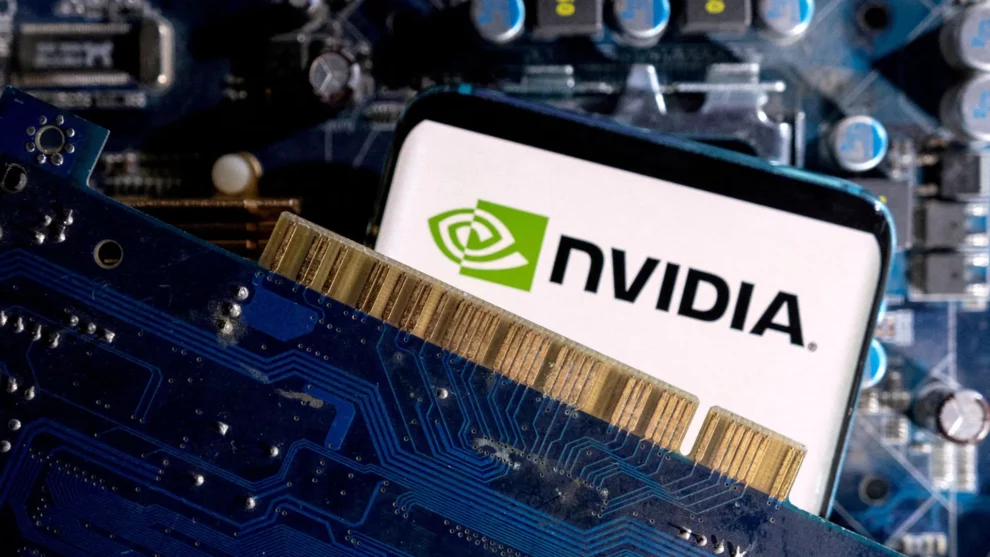Nvidia faces heightened scrutiny as the U.S. Department of Commerce initiates an investigation into potential circumvention of export controls, focusing on how the company’s advanced chips have found their way into Chinese markets despite strict regulations. The probe, reported by The Information, has prompted Nvidia to request major distributors like Super Micro Computer and Dell Technologies to conduct thorough customer audits in Southeast Asia.
The investigation reveals sophisticated evasion tactics employed by chip smugglers, with five different sources involved in the illicit trade claiming successful avoidance of Super Micro’s recent inspection measures. These methods reportedly include the duplication of serial numbers from legitimate servers containing Nvidia chips and their application to unauthorized hardware, alongside manipulation of server operating system serial numbers.
Responding to these concerns, Nvidia emphasized its commitment to export control compliance, stating that unauthorized product diversions and grey market resales harm rather than benefit their business interests. The company has taken a firm stance on requiring strict adherence to export restrictions from all customers and partners.
This development follows the Biden administration’s intensified efforts to restrict China’s access to advanced semiconductor technology. Despite expanded bans on high-end AI chip sales to China implemented last year, Reuters’ earlier investigation uncovered that several Chinese universities and research institutes had successfully acquired Nvidia chips through various resellers.
The situation highlights the challenges faced by major technology distributors in maintaining control over their supply chains. Dell Technologies has responded by affirming its strict requirements for distributors and resellers to comply with all applicable regulations and export controls, warning of potential relationship termination for non-compliance. Similarly, Super Micro has committed to investigating and acting against unauthorized exports or re-exports of their products by third parties.
The broader context includes recent U.S. government actions to tighten semiconductor export restrictions, including measures affecting 140 companies, particularly targeting chip equipment manufacturers. These efforts reflect growing concerns about technology transfer to China and its implications for national security and technological competition.
The investigation’s scope extends beyond individual companies to examine the effectiveness of current export control mechanisms in Southeast Asia, a region that has become increasingly important in global technology supply chains. The focus on regional distribution networks suggests potential vulnerabilities in the international semiconductor trade that could be exploited to circumvent export restrictions.
The complexity of modern semiconductor supply chains presents significant challenges for enforcement. With chips embedded in various products and distributed through multiple channels, tracking and controlling their movement requires sophisticated monitoring systems and international cooperation. The current investigation may lead to enhanced oversight mechanisms and stricter compliance requirements for technology distributors.
Industry observers note that this probe could have far-reaching implications for the global semiconductor market, potentially affecting how companies structure their distribution networks and validate end-users. The investigation might also influence future export control policies and enforcement strategies, particularly in regions serving as key transit points for technology products.
As the investigation unfolds, its outcomes could reshape international technology trade practices and strengthen measures to prevent unauthorized access to advanced semiconductor technology. The probe also underscores the delicate balance between maintaining technological leadership and participating in global markets, a challenge that continues to define U.S.-China relations in the technology sector.
















Add Comment